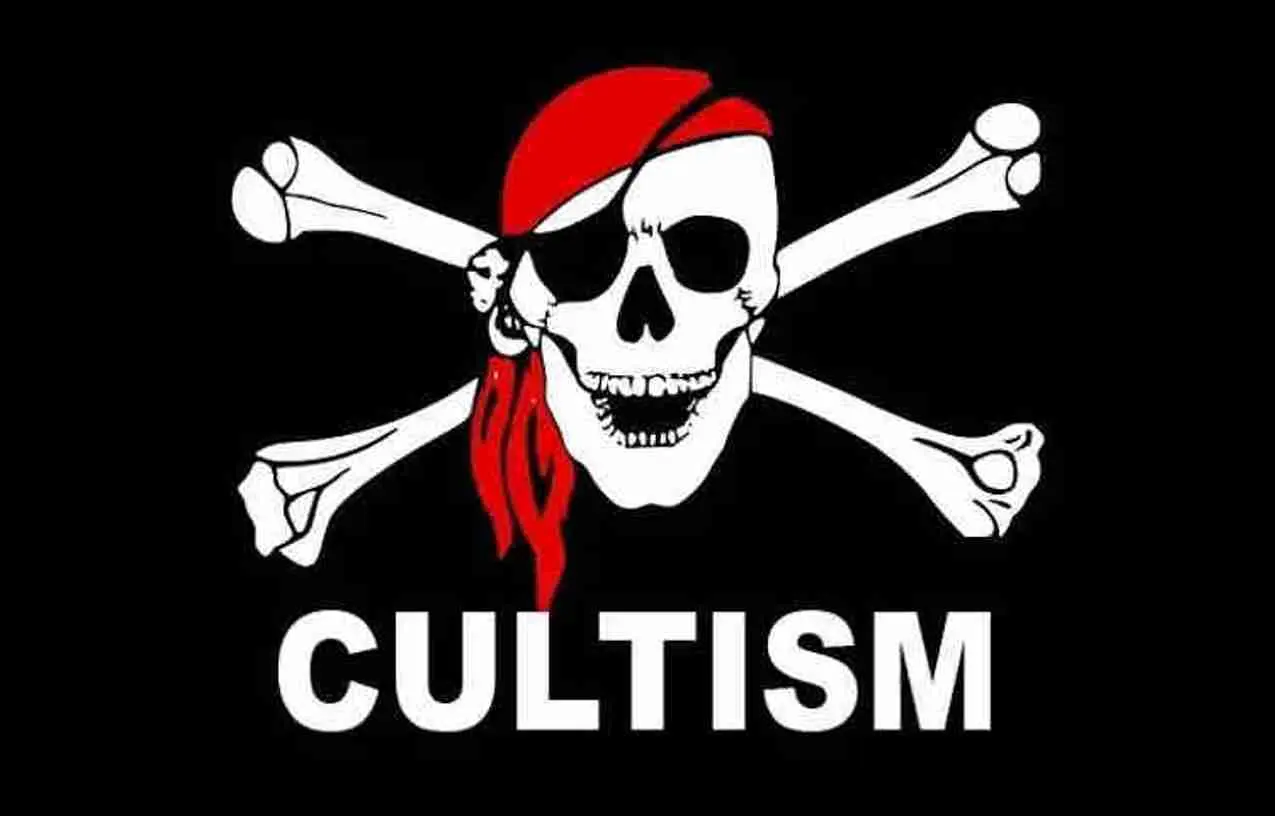Secret cults or secret societies are organizations in which the members are usually bound by an oath of secrecy.
They often require elaborate forms of initiation and ritual, use of symbols, passwords and handshakes as a means of recognition among members (Encarta, 2005a).
The incidence of secret cults dates back to the ancient Greece, when the Pythagoreans combined philosophy and politics. Mysteries, with unknown origin and purpose, were secret rites and ceremonies known and practiced only by people who had been duly initiated.
In the 12th century, some Muslim sects were founded as secret societies, notably the Assassins in Persia (now Iran) in the Middle East and parts of Asia.
Unorthodox groups practice secrecy to avoid persecution and for economic protection (Encarta, 2005a and b). Some secret cults were formed in the 17th and 18th centuries for scientific inquiry or political subversion.
The Rosicrucian order (AMORC) mixed science and mysticism. Others became important centres of political dissent. The Sons of Liberty was created in the American colonies to resist British oppression.
The revolutionary secret societies, such as the Carbonari in Italy, the Fenians in Ireland, and supporters of Nihilism in Russia were important political forces.
Other secret cults, notably the Mafia in Sicily, were established to organize criminal activities and to protect their members (Encarta, 2005a).
Secret cults are common among peoples in Melanesia, parts of Africa, and Native American tribes of North America, particularly the Pueblo and the Plains people.
There is a long history of secret societies in China, perhaps partly because of strong state suppression of any openly heterodox movement.
Secret cults were active in almost every major rebellion or dynastic struggle. Some secret societies in Japan were important in fostering militarism.
The Japanese Yakuza are among the most pervasive or criminal brotherhoods in any developed society (Encarta, 2005a).
Some secret societies, such as the Knights of the Golden Circle and the Ku Klux Klan, were created in the United States of America (U.S.A.) in the 19th and 20th centuries for protection, terrorism, philanthropy and mutual benefits of members.
The fraternal element is traditionally predominant in the U.S.A.
Secret organizations are an important feature in university life (Encarta, 2005a). Studies by the French political philosopher, Montesquieu, and his successors relate disorganization and criminal behaviour.(to be continued)


